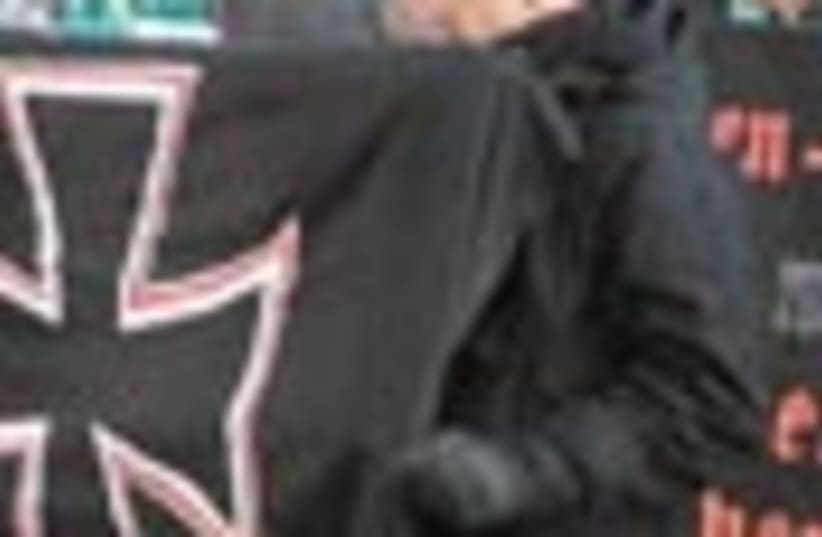| More about: | Academy Award, Arnold Schwarzenegger, Magdeburg, Simon Wiesenthal Center |
Lest we forget
Academy Award-winning duo premiere a new film in Jerusalem that proves anti-Semitism is no thing of the past.


| More about: | Academy Award, Arnold Schwarzenegger, Magdeburg, Simon Wiesenthal Center |